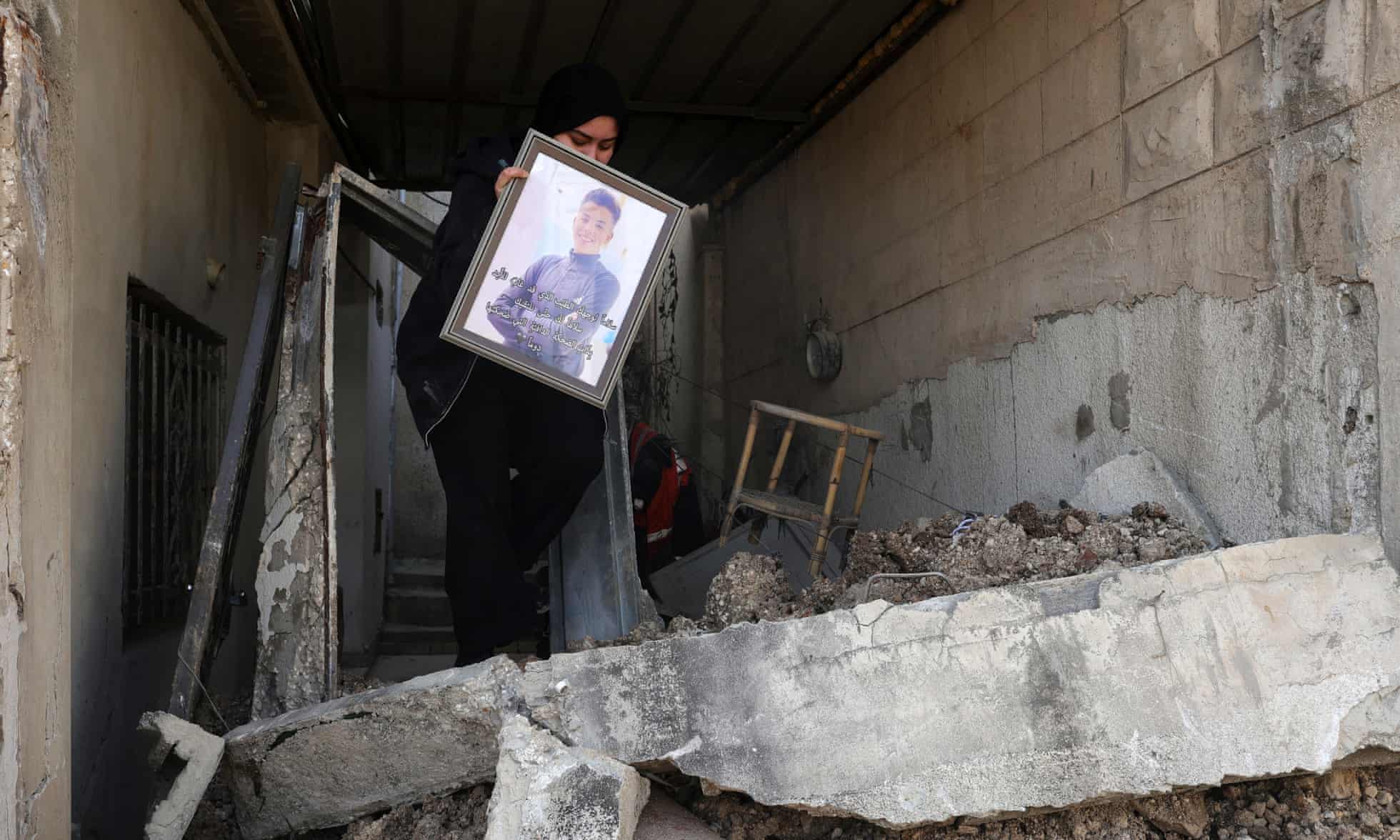Reporting on the final U.S. presidential campaign debate, on foreign policy, The Wall Street Journal observed that "the only country mentioned more (than Israel) was Iran, which is seen by most nations in the Middle East as the gravest security threat to the region."
The two candidates agreed that a nuclear Iran is the gravest threat to the region, if not the world, as Romney explicitly maintained, reiterating a conventional view.
On Israel, the candidates vied in declaring their devotion to it, but Israeli officials were nevertheless unsatisfied. They had "hoped for more 'aggressive' language from Mr. Romney," according to the reporters. It was not enough that Romney demanded that Iran not be permitted to "reach a point of nuclear capability."
Arabs were dissatisfied too, because Arab fears about Iran were "debated through the lens of Israeli security instead of the region's," while Arab concerns were largely ignored – again the conventional treatment.
The Journal article, like countless others on Iran, leaves critical questions unanswered, among them: Who exactly sees Iran as the gravest security threat? And what do Arabs (and most of the world) think can be done about the threat, whatever they take it to be?





 The first amendment guarantees freedom of speech and freedom of assembly. It will have little meaning...
The first amendment guarantees freedom of speech and freedom of assembly. It will have little meaning... On Monday, August 6, 1945, after six months of intense firebombing of 67 other Japanese cities,...
On Monday, August 6, 1945, after six months of intense firebombing of 67 other Japanese cities,... Later this month, on the holiday of Purim, Jewish people will dress in silly costumes, eat...
Later this month, on the holiday of Purim, Jewish people will dress in silly costumes, eat...






























